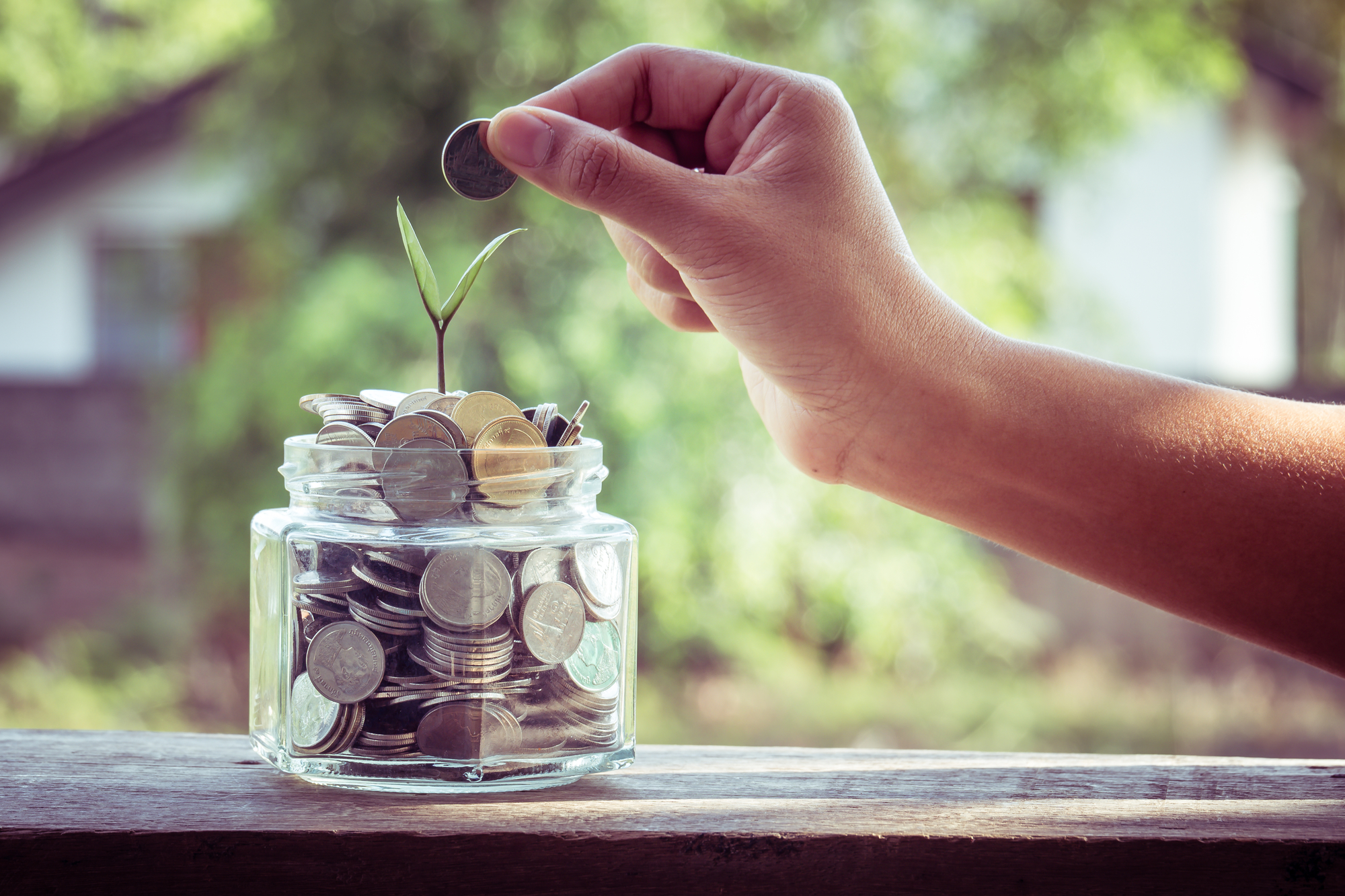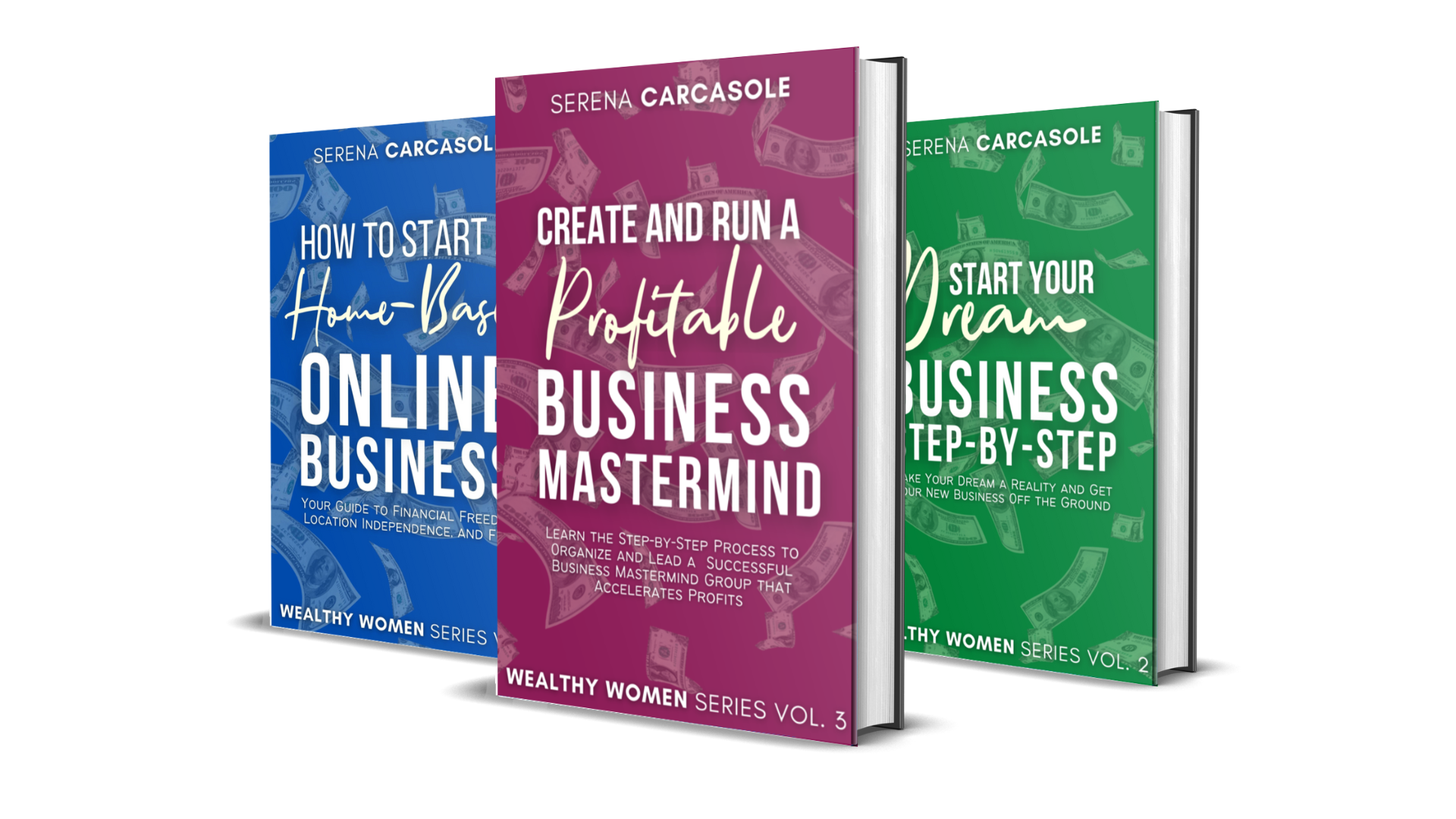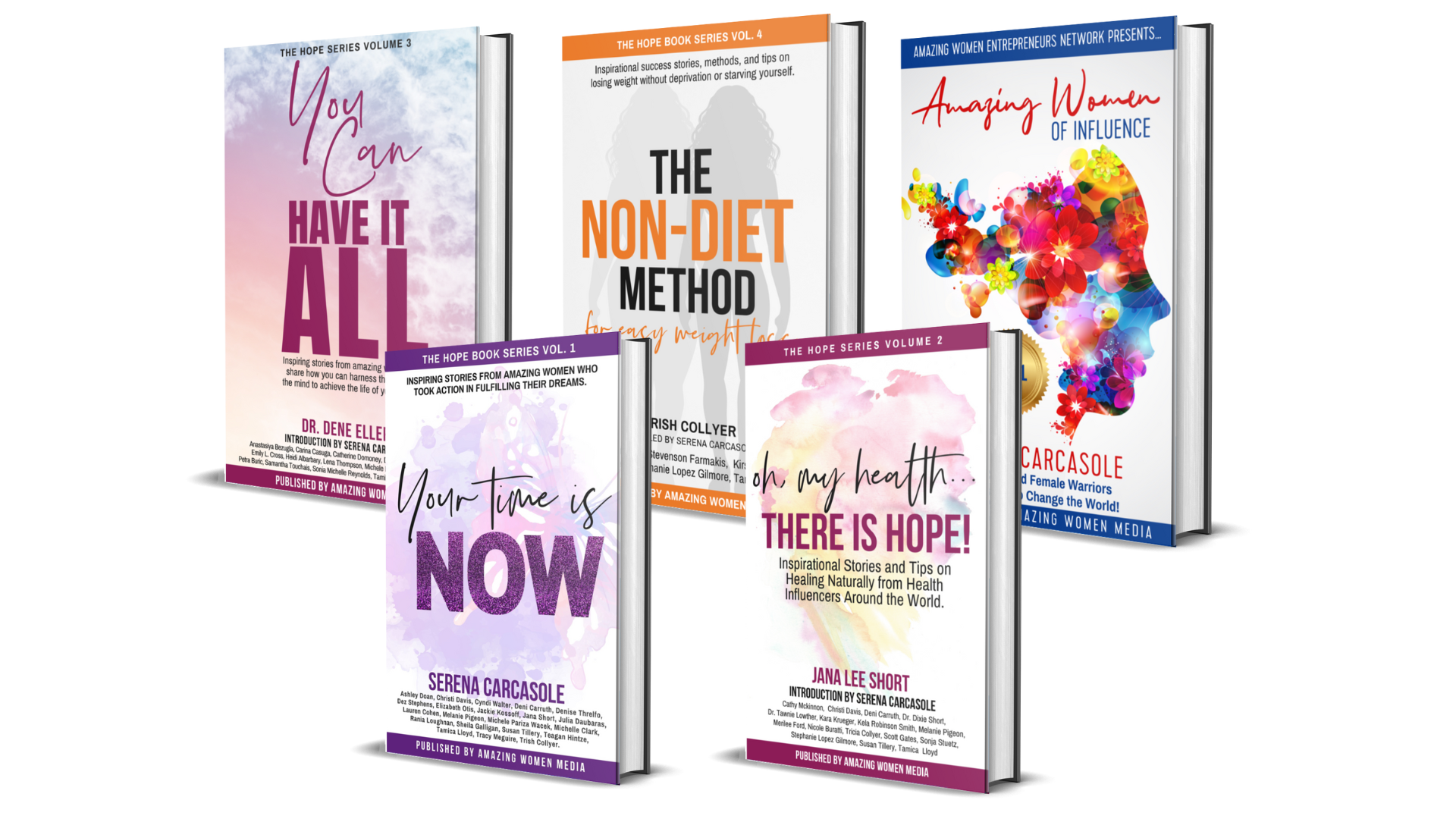I do a LOT of networking – I’m out at an event at least twice a week. And if you’ve ever attended a networking event, you know the first question people typically ask each other is what do you do? My simple answer is that I help smart, successful women achieve clarity and confidence with managing their money so they can live a full life now, with an eye on the future, and without feeling uncertain, overwhelmed or out of control. And you know what?
The number one follow-up question I then get is:
What is the biggest mistake people make with their money?
Interesting question, right? But there’s a deeper meaning behind why it’s being asked. I believe it’s because people want to know what NOT to do with their money, which is simply human nature. Science shows us we will do more to avoid pain than to gain pleasure. People want to know what not to do, so they can avoid the pain that brings, rather than trying to figure out what to do. And that’s okay! Because either way, the answer I give them will open their eyes to an opportunity to change the trajectory of their financial future.
The answer I give to the question is:
Not being intentional.
You see, when someone is overwhelmed with their present financial situation, it’s really darn hard to focus on the future. If you can’t envision making ends meet today, how in the world can you imagine a life filled with abundance, certainty, and security?
Being intentional with your money is the simplest, yet most impactful, way to achieving financial success.
Once you start to create an intentional plan with your money, debts start getting paid down, and savings come to fruition. As you transition from unintentional to intentional, a vision of what your financial future could be like starts to take place, leading you down a path toward fulfilling your hopes and dreams.
But as I always say:
You might know WHAT to do with your money, but it's the HOW that's the hard part.
So how do you foster intentionality with your money?
The first step is to figure out what’s valuable to you:
“You can afford anything, just not everything”.
If you value a roof over your head, you’re going to place importance on paying your rent or mortgage first. And if you value those red-soled high heels, you’ll figure out where else you can cut back to be able to afford those little darlings. But if you don’t cut back some expenses so you can afford the others, that’s when you can get into financial trouble. It’s really that simple.

Budgeting creates intention.
Knowing where every dollar is supposed to go before it comes in is the essence of creating a budget. But of course, budget is a four-letter word in some households as it conjures up feelings of restriction. Re-framing the concept of a budget is important because no one wants to work hard, and then feel like they can’t reward themselves once in a while. So I lead my clients down the path of creating an intentional spending plan instead – assigning every dollar a purpose, based on their values and goals. I know it’s really easy to be tempted by those beautiful shoes and blow your entire paycheck on them, but when you look at the shoes from the frame of mind of “are they going to get me to where I want to be with my financial future?”, it becomes much easier to resist the urge to plop down the credit card.
Spending intentionally prevents lifestyle creep.
Ah, the joy of making that additional sale this month, or getting that annual tax time bonus! It feels like a bit of a windfall, doesn’t it? Of course! But that’s exactly when lifestyle inflation starts to creep in. Lifestyle inflation happens as you start making more money, but then turn around and start spending just as much. Remember years ago, when you were living on a shoestring budget, and yet, somehow, made it through? But now you make significantly more money, yet still seem to be robbing Peter to pay Paul every month? That, folks, is what’s called lifestyle creep. The way to combat this is to continue to live on what you make today, and when you start to make more money, redirect it to savings or increased debt payments, without significantly increasing expenses or just blowing it on that hot pair of shoes.
Intentionality equals gratitude.
Creating an attitude of gratitude attracts abundance in ways you can’t even imagine. The Marie Kondo movement of tidying up in order to unlock more joy is all about having gratitude for the things you have, rather than envy over the things you don’t, and relinquishing the control the “things” have over you and your joyful life. Gratitude with money is no different.
If you have money coming in, yet you don’t reflect on the hard work that went into earning that money, or if deep down you feel you don’t deserve it, the money will leave you just as quickly as you make it. So, stop, and take a minute to say thank you to the universe for giving you the ability to earn a living, and apply gratitude for all the stuff you are able to enjoy as a result of those dollars in your bank account.
By assigning a value to each and everything in your life, you can start to create intention around what you bring into your world. And – and this is the most important concept to grasp – you can leave behind the quest to amass, leaving you with true joy for what you already have.
Ultimately, the secret to intentionality is being conscious of your values.
I’m convinced that once I decided to assign a purpose for every dollar, money started flowing to me in ways I never imagined possible. I tripled my income in less than 10 years, and have saved more in my retirement account over the past 6 years than I did in the previous 20. That may seem insurmountable to some people, but to me, it proves the impact intentionality can have on the bottom line. And, it proves that what I’m doing is working, especially because I started from nothing. This is why I do what I do – to help others achieve the same level of impact that intentionality has achieved for me. I no longer worry about paying the bills when they come in, and I’m able to enjoy life now, with an eye on my future, and without feeling uncertain, overwhelmed, or out of control. Now, how about you go out to get yourself some of the same? I know you can do it!

- Doing This ONE Thing Will Alter the Course of Your Financial Future - March 13, 2019





